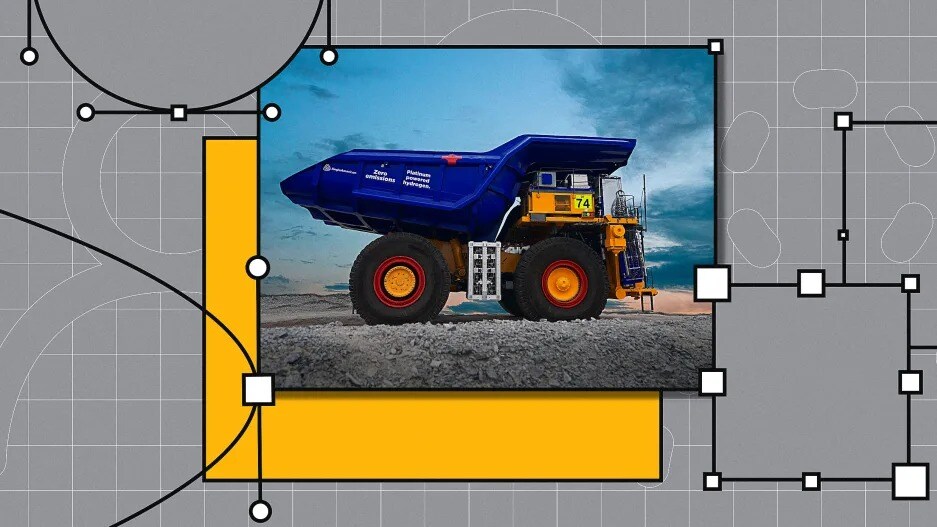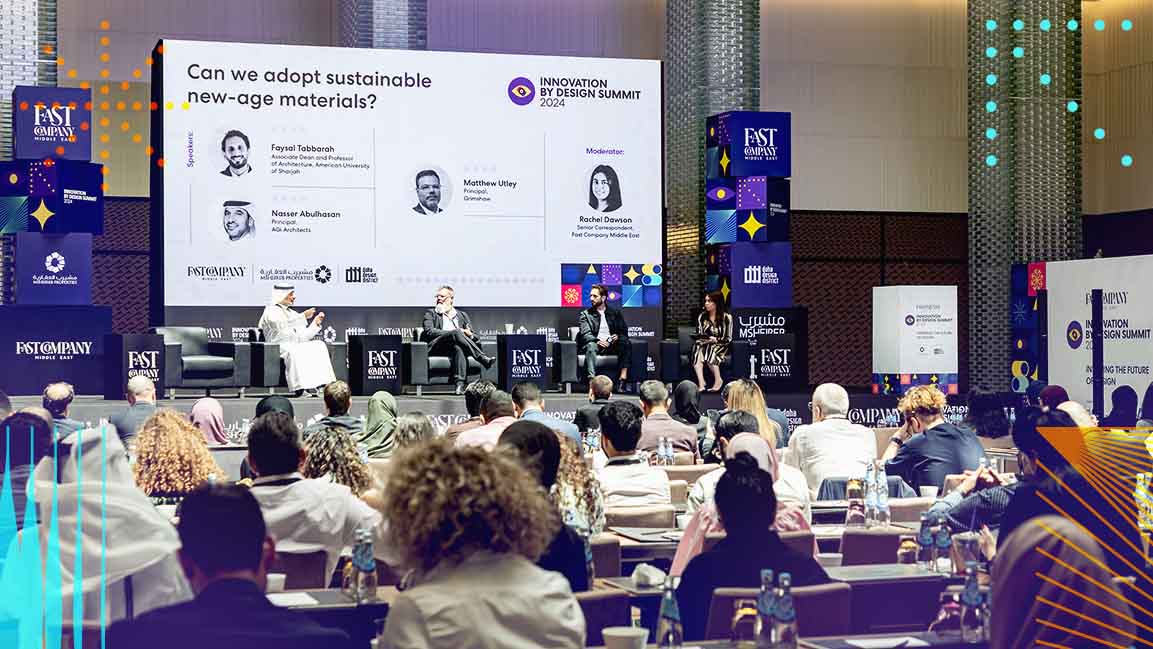- | 9:30 am
This massive zero-emissions truck can help shrink mining’s footprint
First Mode’s nuGen zero-emissions mining truck is a winner in Fast Company’s 2023 World Changing Ideas Awards.

First Mode is one of the winners of Fast Company’s 2023 World Changing Ideas Awards. Explore the full list of projects we’re honoring for making the world more equitable, accessible, and sustainable.
Building a zero-emissions economy will take a lot of mining: A typical wind farm uses nine times as many minerals as a power plant running on gas, and an electric car uses six times more minerals—from copper to nickel to lithium—than a gas car. And mining has its own environmental challenges, including the fact that a single large mining truck running on diesel fuel can emit as much climate pollution in a year as 700 cars.
Last year, the engineering startup First Mode began testing a new retrofit for mining trucks that can eliminate those emissions. The nuGen zero-emissions mining truck is the winner of Fast Company’s World Changing Ideas Award in the Midsize Company category.

One prototype of the truck, which runs on a hydrogen fuel cell and batteries, is in operation at a mine run by Anglo American in South Africa. (Anglo American, one of the world’s largest mining companies, is also a majority shareholder in the startup.)
“The mining industry is responsible for a huge amount of global emissions,” says First Mode CEO Julian Soles. “If you don’t tackle the haulage problem, which accounts for about 80% of open pit mine diesel consumption, you won’t be able to decarbonize your operation.”

Retrofitting the massive trucks—which are 50 feet long and between two and three stories tall—was a major engineering challenge. The first version proved that the concept worked, though the team is still refining the design and will soon begin testing new prototypes at a former coal mine near its office in Washington.
Anglo American plans to roll out hundreds of the retrofits in its global fleet, though that process will take more than a decade. “This is actually our argument for why we want to get going so quickly,” Soles says. “These large assets, they have a 20-year lifetime, and they take a long time to cycle through and replace because of the scale and then also the durability and cost. So if you’re saying, ‘I need to decarbonize my business by 2040,’ we’re saying, ‘Well, if you’re not starting now, you’re going to be in trouble.’”







































